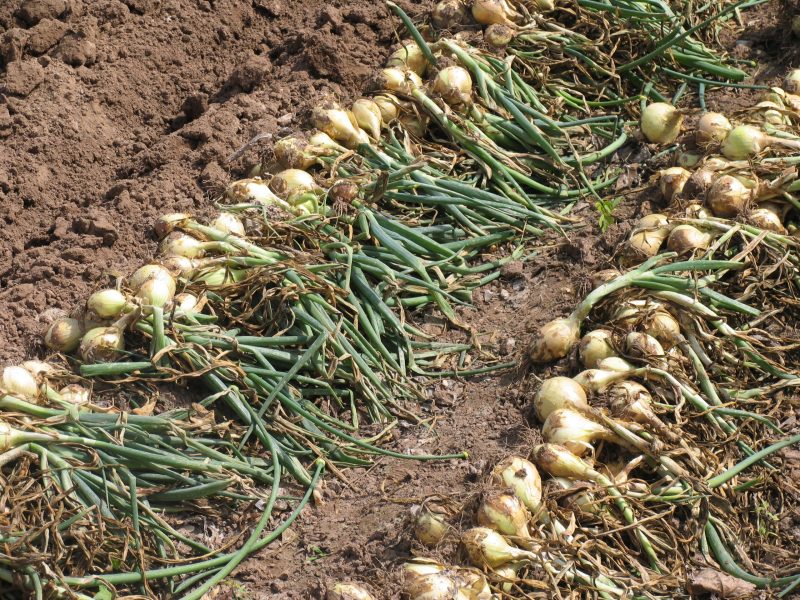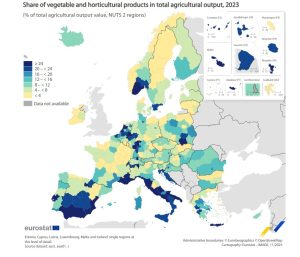Fruit Today magazine spoke with José Vicente Navarro Darder, the new president of the Spanish Association of Onion Growers and Exporters (ACEC), to analyse the situation.
“Retailers and consumers want quality onions, and when they aren’t available locally, we have to import them in March and April. Imported onions, being from the new crop—just like our May harvest—drive up sales. Customers buy them even if the price is higher. They’re not looking for old or damaged onions.”
In the current season, high prices have attracted interest from Asia and North Africa, where exporters see a strong commercial opportunity. “Even with high transport costs, if the origin price is low, it’s still possible to cover costs and reach Europe competitively.”
Adverse weather
Storms and cold temperatures have affected the development of the Spanish crop, and although by week 20 Spanish onions were starting to appear in supermarkets, difficulties are expected to persist through May and June.
“There are very few large onions left in Europe,” warns the ACEC president. “Imports from the Southern Hemisphere have also not been significant, so right now there’s a shortage of large sizes across the continent—and we Spaniards are the only ones with onions over 90 mm.”
Spain, a net exporter
In 2023, Spain once again posted a positive trade balance in onion exports, with €148 million—27.6% above the five-year average.
Export volume reached 294,120 tonnes, 17.7% below the average. Despite this, the unit export value stood at €84.56 per 100 kg, 88.2% higher than the average.
RELATED NEWS: “We believe that heat stress affects internal damage of onions”
Spain exports onions year-round, with the highest intensity from June to October. According to Eurostat, as of April 2024, Spain’s cumulative exports reached 95,761 tonnes, 15.5% higher than in 2023. Notably, exports were up in every month compared to the previous year, despite not being the peak season: January (+3%), February (+11.8%), March (+12.5%) and April (+46.7%).























